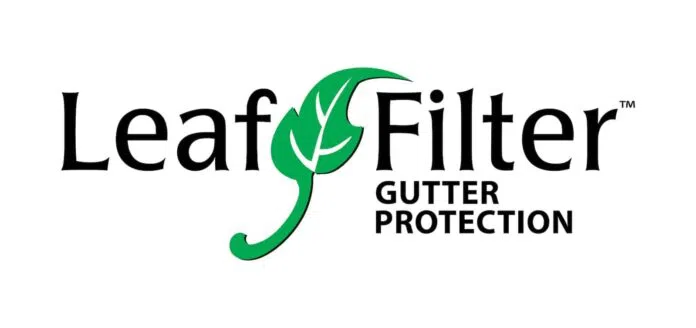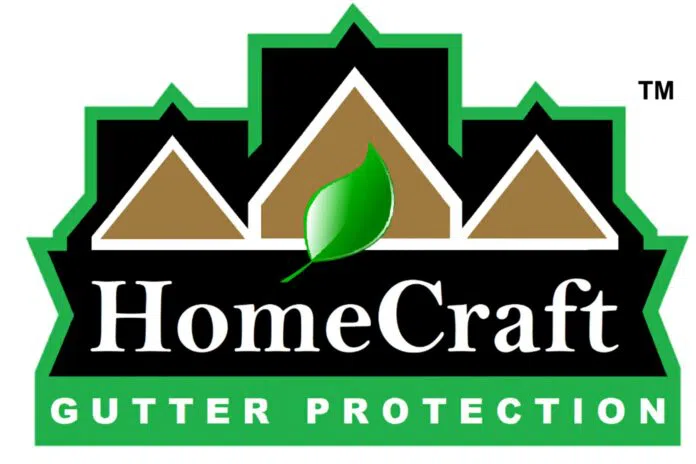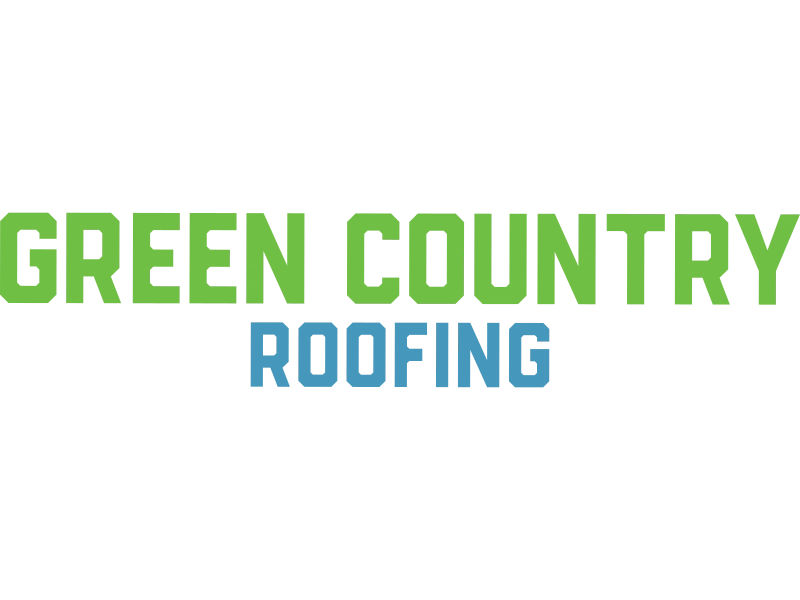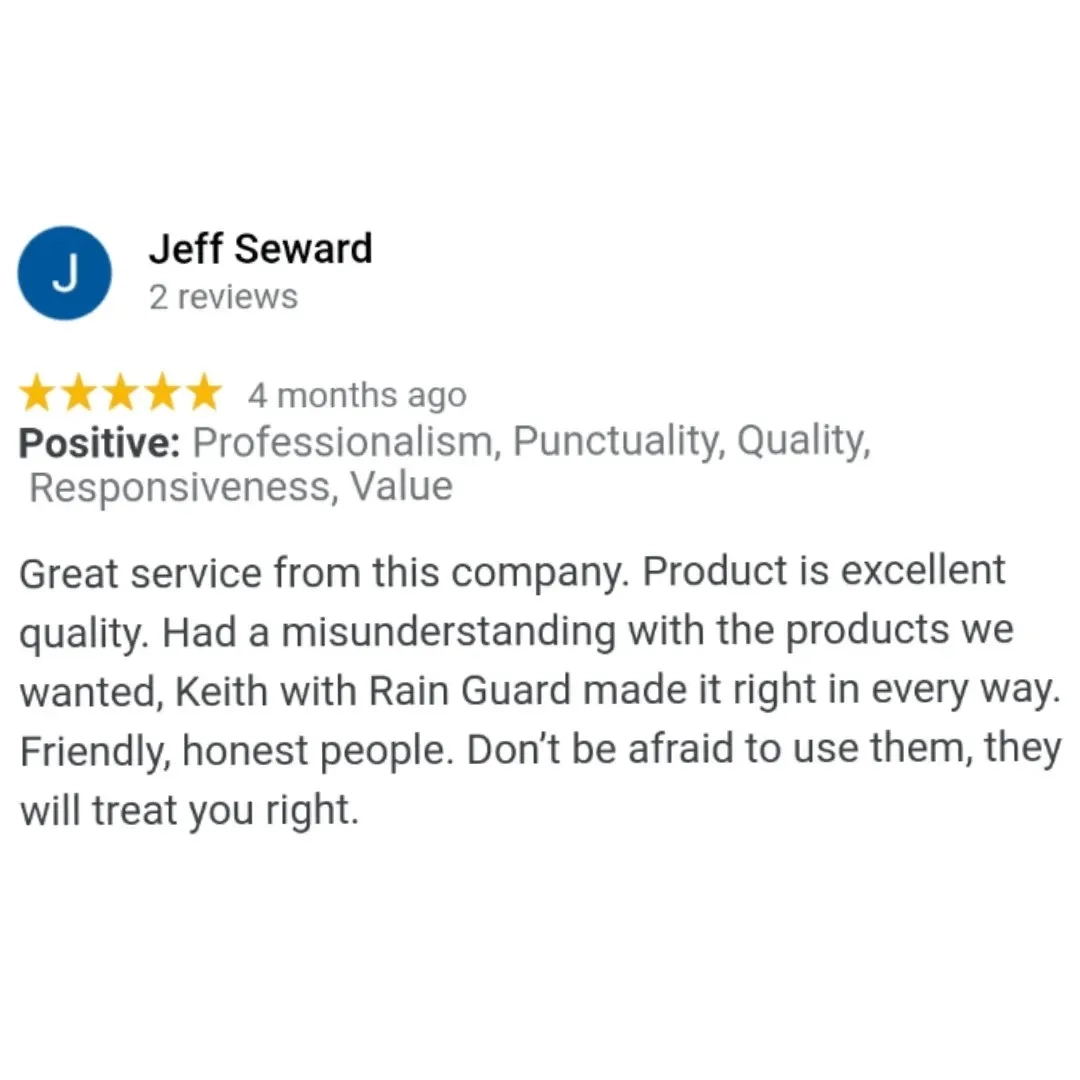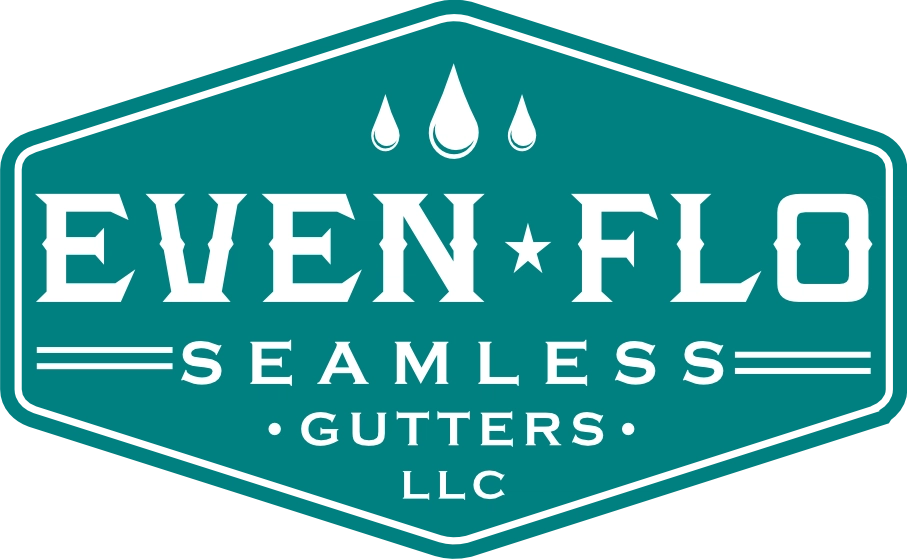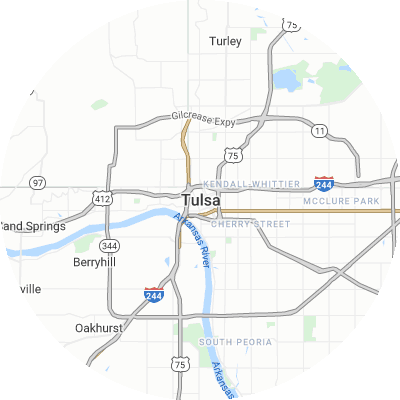Signs You May Need Gutter Guards
Gutter guards aren’t always needed, but symptoms of overflowing and clogged gutters are clear. Signals of chronic gutter issues include:
- Visibly damaged, sagging, or misaligned gutters that no longer correctly direct rainwater
- Frequent clogs that lead to overflow and water spilling over gutters
- Leaky seams or joints where water leaks out of gutters
- Soggy ground or visible erosion patterns around your house's foundation
- Mold growth, peeling exterior paint, or interior water stains on walls near gutters.
How To Choose a Gutter Guard Installer
Assess Their Experience
Providers with extensive gutter guard installation experience that have worked with many different styles and models will know how to take accurate measurements and install guards to your home’s unique dimensions. Get in touch with these companies to get details regarding their experience and ask for local references.
Verify Proper Licensing and Insurance
Always confirm professional gutter guard installers are licensed, bonded, and maintain general liability insurance and workers compensation. This protects you from liability for any accidents or injuries that might happen. Ask to see current licensing and insurance papers when speaking to potential providers.
Choose Reputable Brands
Seek out companies that offer leading reputable gutter guard brands such as LeafFilter and Gutter Helmet. Be wary of companies that only carry generic no-name or their own off-brand guards, as these likely do not have the same rigorous testing as reputable national brands.
Seek Custom Fit Services
Your guards should be measured and trimmed on-site to match your gutters. Pick a company that custom measures and trims guards for your house rather than using one-size-fits-all guards. Guards fitted for your home leave no gaps for debris accumulation.
Examine Warranties
Leading gutter guard companies often offer 20-year or lifetime warranties against clogs, leaks, rust, and other issues. When choosing a company, look into the warranty details for both workmanship and materials guarantees. Warranties provide the best protection for your gutter investment.
Check Reviews and Referrals
Take some time to look at online reviews on sites such as the Better Business Bureau (BBB), Yelp, or Google Reviews to read about customer experiences. You can also ask neighbors to suggest quality local gutter guard companies. When researching providers, we'd recommend going for companies with a history of good reviews instead of just a single review.
Types of Gutter Guards
The six most common types of gutter guards include the following:
- Brush guards are just what they sound like: large brush bristles that sit in your gutters and catch debris while letting water through. On average, you can expect to spend $4.03 per linear foot for brush guards.
- Foam guards are large pieces of foam that are placed in your gutters to catch debris. They're lightweight and easy to install. On average, you can expect to pay $2.45 per linear foot for foam guards.
- Screen guards have large holes that allow water through while stopping debris. Screen guards cost roughly $4.12 per linear foot.
- Mesh guards have smaller holes than screen guards and similarly block debris while allowing water to flow through. Mesh guards are durable and allow debris to slide off rather than sit on top of your gutters. On average, you can expect to pay $3.92 per linear foot for mesh guards.
- Micro-mesh guards are generally the most effective. They have smaller holes than standard mesh guards and allow even less debris through. Micro-mesh guards cost around $5.02 per linear foot.
- Surface tension guards, sometimes called reverse curve guards, use surface tension to let debris slide off while water flows through into the gutter. They are often visible from the ground. On average, you can expect to spend $3.04 per linear foot for surface tension guards.

